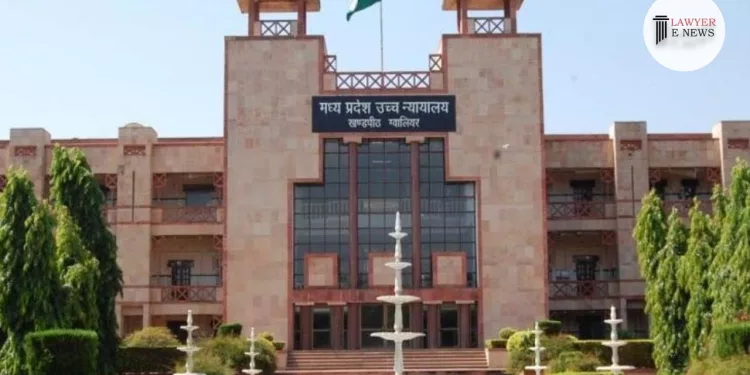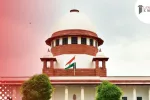Not Providing Food to a Married Woman on Account of Non-Fulfillment of Demand of Dowry Would Certainly Amount to Physical and Mental Harassment: Madhya Pradesh High Court

In a significant ruling by the High Court of Madhya Pradesh, the application for quashment of FIR lodged under various sections including 498-A, 506, 34 IPC and Sections ¾ of the Dowry Prohibition Act was dismissed. The petition was primarily concerning allegations of dowry harassment and mental cruelty imposed by the family members of the petitioner.
Facts of the Case:
The FIR lodged by the wife against her husband and family members accused them of dowry harassment, including demands for an air-conditioned car and severe mental and physical harassment by withholding food and basic necessities. This complaint was made post the initiation of a divorce petition by the husband, alleging adultery on the part of the wife, which raised questions about the timing and intent behind the FIR.
Legal Issues and Court’s Assessment:
Specific Allegations and Dismissal of Vague Claims:
The court found specific allegations against each applicant in the FIR concerning the non-provision of food and mental torture due to unmet dowry demands. This specificity countered the applicants’ defense that the allegations were vague and generalized.
Impact of FIR Post Divorce Petition:
The court deliberated on whether the FIR was lodged as a reactionary measure to the divorce petition. Citing precedence, it was determined that just because the FIR followed a divorce petition, it does not automatically imply that it was a retaliatory action (a counter blast).
Adultery Allegations and Cruelty:
Accusations by the husband regarding the wife’s alleged adultery were also scrutinized. The court noted that if these allegations were found baseless, they could themselves constitute cruelty towards the wife.
Decision:
The court, referencing several Supreme Court judgments underscoring the seriousness of dowry-related harassment, declined to quash the FIR at the preliminary stage. It held that the allegations necessitate a trial to ascertain the veracity and implications, thereby dismissing the application for quashment.
Date of Decision: 4th March 2024
ABC vs. The State of Madhya Pradesh & Anr.






